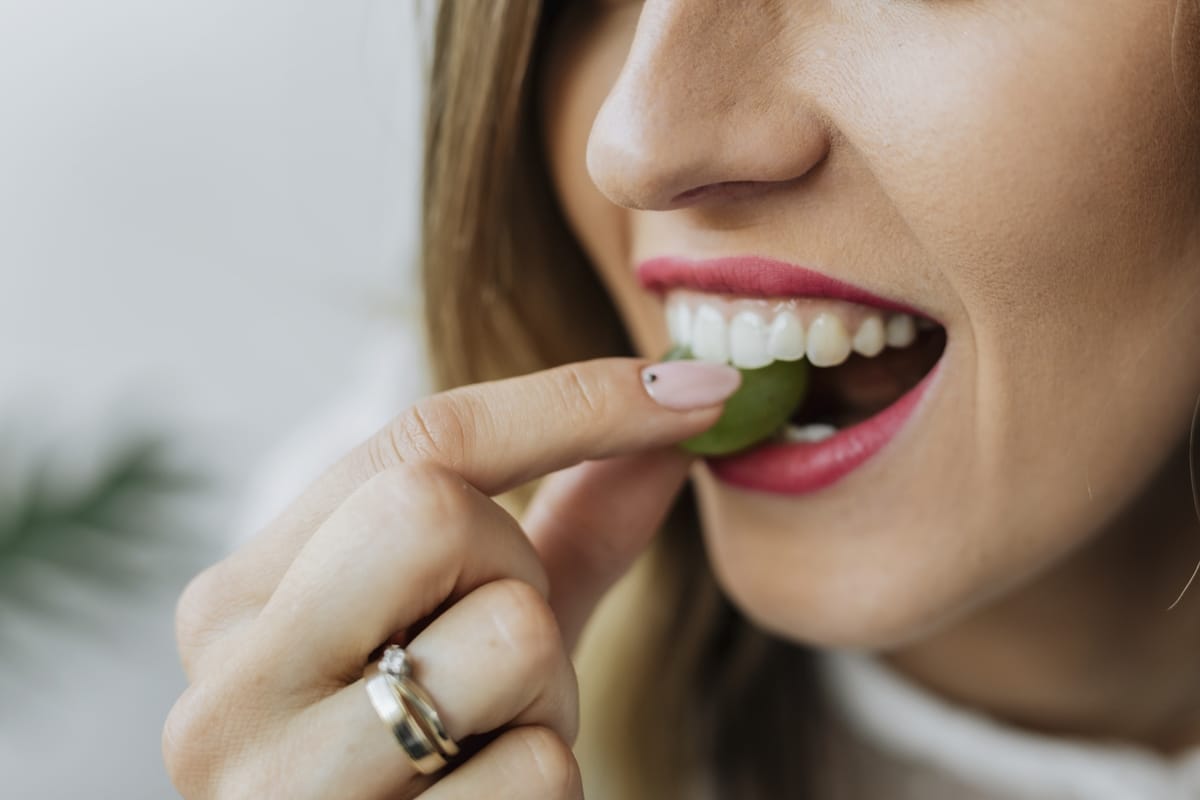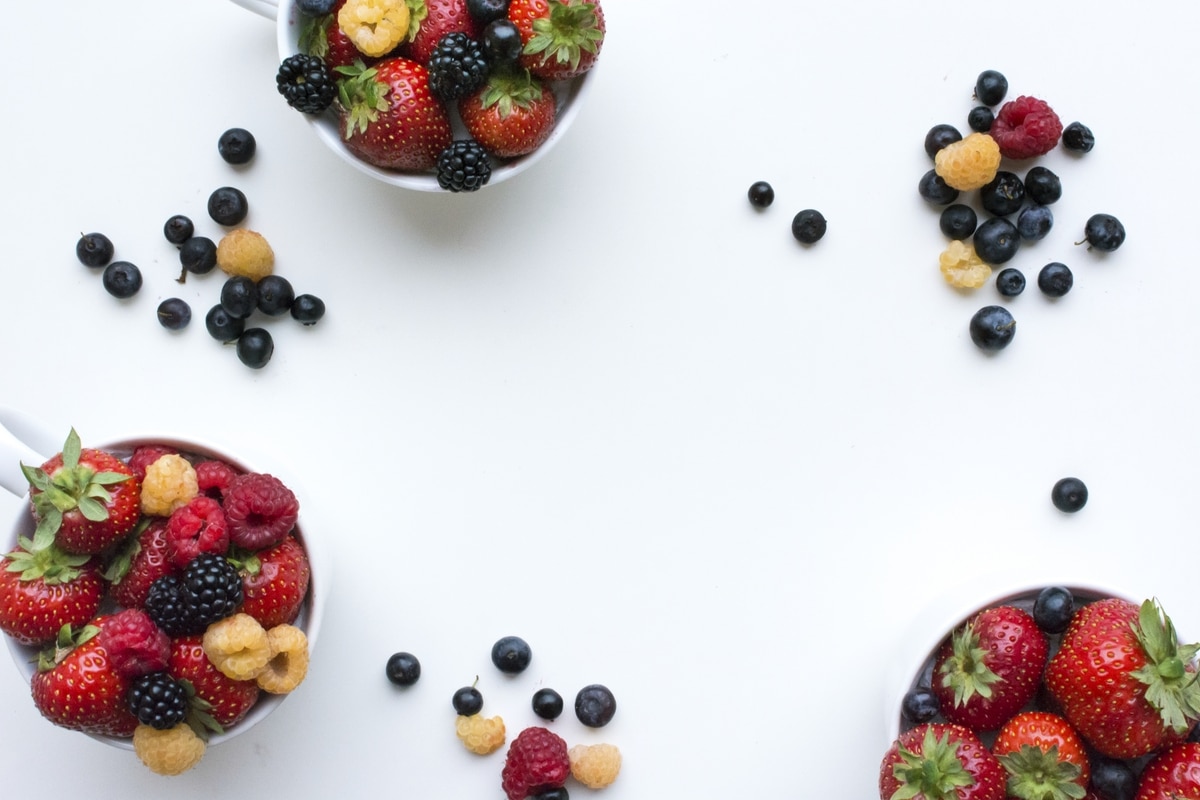
The detox diet is more popular than ever. These diets claim to cleanse the blood and remove harmful toxins from the body. However, it's not entirely clear how they do it, what specific compounds they are supposed to remove, and whether they work.
Many understand the diet or the detox plan as something specific or with a certain duration, in which we stuff ourselves with vegetable shakes and go a little hungry. Your body does not need to detox from food, forget this concept.
What is the Detox diet?
The detox diet is generally short-term dietary interventions designed to eliminate toxins from the body. Such a diet involves a period of fasting, followed by a strict diet of fruits, vegetables, fruit juices, and water. Sometimes a detox also includes herbs, teas, supplements, and colon cleanses or enemas.
Those who defend this type of diet assure that it rests the organs by fasting; stimulates the liver to get rid of toxins; promotes the elimination of toxins through feces, urine and sweat; Improve circulation and provide the body with healthy nutrients.
Detoxification therapies are most often recommended due to potential exposure to toxic chemicals in the environment or in the diet. These include pollutants, synthetic chemicals, heavy metals, and other harmful compounds. These diets are also claimed to help with various health issues including obesity, digestive problems, autoimmune diseases, inflammation, allergies, bloating, and chronic fatigue.
How is it done?
There are many ways to detox, ranging from total starvation fasts to simpler food modifications. Most detox diets involve at least one of the following ways:
- Fast from 1 to 3 days.
- Drink fresh fruit and vegetable juices, smoothies, water, and tea.
- Drink only specific liquids, such as salt water or lemon juice.
- Elimination of foods rich in heavy metals, contaminants and allergens.
- Take supplements or herbs.
- Avoid all allergenic foods and then slowly reintroduce them.
- Using laxatives, colon cleanses, or enemas.
- Exercise regularly
- Completely eliminate alcohol, coffee, cigarettes and refined sugar.

Is it effective?
Some people report feeling more focused and energetic during and after detox diets. However, this improvement in well-being may simply be due to the elimination of processed foods, alcohol and other harmful substances from the diet.
Effects on weight loss
Very few scientific studies have investigated how detox diets impact weight loss. Although some people can lose a lot of weight quickly, this effect appears to be due to the loss of fluid and carbohydrate stores rather than fat. This weight is quickly recovered once we stop the diet.
If a detox diet involves severe caloric restriction, it will most likely cause weight loss and improvements in metabolic health, but it is unlikely to help us maintain weight in the long term.
it's stressful
Several varieties of detox diets can have effects similar to short-term or intermittent fasting. Short-term fasting can improve several disease markers in some people, including improving leptin and insulin sensitivity.
However, these effects do not apply to everyone. There are studies in women that show that consuming fewer calories can increase stress hormone levels. Also, crash dieting can be a stressful experience, as it involves resisting temptations and feeling extreme hunger.
What toxins are removed?
Detox diets rarely identify the specific toxins they are intended to eliminate. The mechanisms by which they work are also unclear. In fact, there is little to no evidence that detox diets remove toxins from the body.
In addition, the body is capable of cleaning itself through the liver, feces, urine, and sweat. The liver renders toxic substances harmless and then makes sure they are released from the body. Despite this, there are some chemicals that may not be as easily removed by these processes, including persistent organic pollutants, phthalates, bisphenol A, and heavy metals. These tend to accumulate in fat tissue or in the blood and can take a long time, even years, for your body to eliminate.
However, these compounds are generally eliminated or limited in today's commercial products. In general, there is little evidence that detox diets help eliminate any of these compounds.
efectos secundarios
Before doing any type of detox, it is important to consider the potential drawbacks and health risks.
severe caloric restriction
Several detox diets recommend fasting or severe caloric restriction. Short-term fasting and limited calorie intake can lead to fatigue, irritability, and bad breath. Long-term fasting can lead to energy, vitamin, and mineral deficiencies, as well as electrolyte imbalance, and even death.
Additionally, colon cleansing methods, which are sometimes recommended during detoxifications, can cause dehydration, cramping, bloating, nausea, and vomiting.
Overdose
Some types of detox diets can present the risk of overdosing on supplements, laxatives, diuretics, and even water. There is a lack of regulation and control in the detox industry, and many detox foods and supplements may not have any scientific basis.
At worst, ingredient labels on detox products can be inaccurate. This can increase the risk of overdose, which could result in serious or even fatal effects.
Not for everyone
Some people should not start any detox or calorie restriction regimen without first consulting a doctor.
At-risk populations are children, adolescents, older adults, malnourished people, pregnant or lactating women, and people who have blood sugar problems such as diabetes or an eating disorder.

Tips
The body is frequently exposed to toxic substances. However, most of the time, you can remove them without any additional help. Although detox diets may seem tempting, the benefits may not have anything to do with eliminating toxins, but with eliminating various unhealthy foods.
Don't spend money on supplements
Neither pills to burn fat, nor to block the absorption of hydrates, nor to improve fluid retention. Avoid any type of pill or chemical supplement that eliminates those toxins that your own body is capable of expelling naturally.
Our kidneys They are the natural "purifier" that we have in the body, so we do not have to worry about taking substances that promise to lose weight.
The famous vegetable, fruit and seed smoothies They may not be an eating option. They are very good to take as a mid-morning snack or snack, but it would be a mistake to eat vegetable smoothies. Mainly because we will be eliminating the fiber and other nutrients that make these foods beneficial. In addition, we will feel much less satiated throughout the day.
“Detox” every day of the year
The best detox plan is to follow a healthy lifestyle. If we don't gorge ourselves on sugars or foods that make us gain weight, we won't have the remorse of feeling "intoxicated."
- Eat a balanced and healthy diet
- Hydrate properly (with water!)
- Get enough rest (about 8 hours a day)
- Train strength. Don't get hung up on doing cardio, cardio, and just cardio. The more muscle mass you have, the more calories you will burn.
- Have good mental hygiene. Yes, laugh more and be positive. Many times it is our own mind that leads us to enter anxiety cycles, which lead to poor food consumption.
- Stay active throughout the day. Try to get to 10.000 steps a day.
- If you have a partner, take the opportunity to have a good time with her. Maybe this type of training motivates you more than going for a run in the park 😉